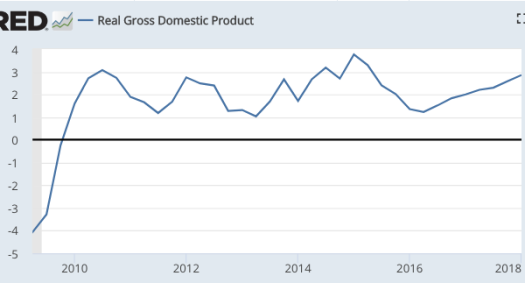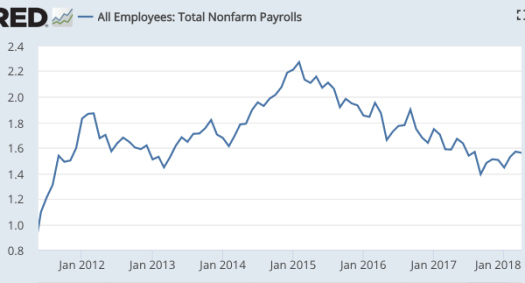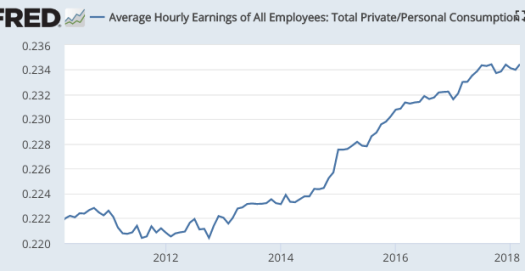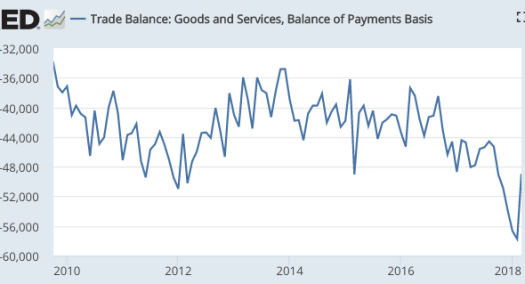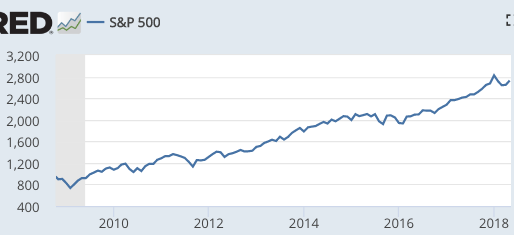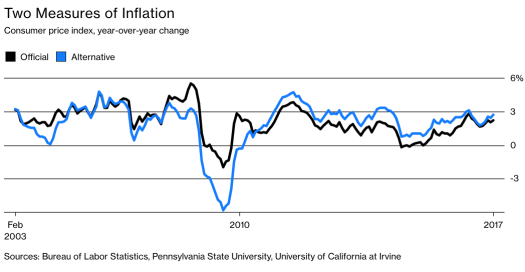The poor, the sick, the sad, and the lonely: Blaming the victims
Most people will want to skip this post, but it’s something I need to get off my chest. One unfortunately aspect of the internet is that it lifts off the lid, and exposes all the dark sides of human nature. One of those dark aspects is the urge to blame the victim.
1. The sick
If you follow sports, you will eventually come across a case like Derrick Rose, or Kawhi Leonard. These are players that suffered severe injuries, and had trouble getting healthy again. At some point medical science is no longer able to identify the problem. They look healed but they still felt pain, which got worse when they played. When that happens, sports reporters start whispering that it’s a mental thing, that these players are weak. This despite the fact that when healthy, these men were among the toughest in the league, willing to mix it up with much bigger players under the rim. We get frustrated that they aren’t healed yet—and that the problem cannot be identified—so it’s their fault. (This year it’s Markelle Fultz who is being picked on.)
Medical science may be impressive, but there is still a great deal that it doesn’t understand. If you go to the doctor and complain about chronic intestinal pain, there’s a good chance that he or she won’t be able to pinpoint the problem. Indeed there are lots of things that cannot be identified in X-rays or blood tests, including severe back pain, chronic fatigue syndrome, migraine headaches, and dozens of other illnesses. We get frustrated with people who have these hard to pinpoint problems, and label them “hypochondriacs.” Or we say they have a low threshold for pain—as if anyone knows the pain felt by another person. Yes, it’s true that the pain is “all in their head”, but that’s equally true of someone suffering pain from a “phantom limb”, and someone who has their hand on a hot stove. Where else would the pain be?
2. The sad
It’s even worse with mental illnesses. People suffering from depression are told to just “snap out of it”, or think positive thoughts. They are viewed as losers.
3. The lonely
There has been recent discussion of “incels”, people who are celibate but who would prefer to be in a romantic relationship. The non-lonely often tell them to just “lower their standards”, as if they had never thought of that. Or join a church. Please, just stop. Even worse, one prominent pundit implied that tech firms might want to get rid of these awful people. After all, one incel in Canada murdered some people.
4. The poor
Like you and I, indeed like almost everyone, poor people often make bad choices. But the last thing they want to hear is someone telling them what they did wrong. Consider a young woman at the bottom of society (in terms of looks and education). Her life is pretty bleak, with only a few men to choose from. Having a child would provide some meaning to her life. She finds the best man she can, but in the end he walks out on her, leaving her a poor single mother. Or maybe he beat her and she walks out on him. Sure, she might have been able to stay slightly above the poverty line by becoming a low wage, childless, “incel” worker with nothing in life to look forward to; but not everyone can live that way. Yes, poverty is bad, but being physically ill, mentally ill, or lonely might well be worse.
I understand that there are people out there who are deserving of blame. Think of the famous case of the worker who is on disability for a bad back, but is discovered out skiing. (Or Trump with his “bad feet“.) These people exit. But unless you have clear evidence pointing in this direction, do not blame victims for their plight. Just don’t do it.
If I were to generalize, I’d say that the biggest mistake made by conservatives is to view the unfortunate as “losers” who are to blame for their plight. In the case of incels, both the left and the right piles on.
On the liberal side, the biggest mistake pundits make is to rank people by how much sympathy each victim deserves. Don’t tell people that their suffering is less bad than someone else’s. YOU DON’T HAVE ANY IDEA WHAT IT’S LIKE TO BE IN THEIR SHOES. For all we know, the most miserable person in America might well be a billionaire. These pundits base their opinions on social science, whereas they ought to spend more time reading great literature. There’s more to life than money.
HT: Scott Aaronson, who has a much better post.


